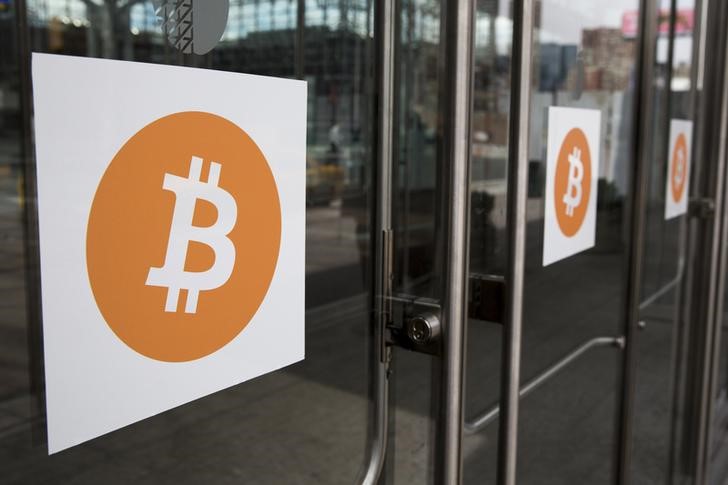Thursday, Sept. 7, 2023 | 2 a.m.
Sen. Mitch McConnell was medically cleared to continue work one week ago, after he froze in public for the second time in as many months.
“Occasional lightheadedness is not uncommon in concussion recovery and can also be expected as a result of dehydration,” Dr. Brian Monahan, the attending doctor for the Capitol, said in a statement.
In March, McConnell reportedly tripped and fell at a fundraiser in Washington, D.C. He was treated for a concussion. The Kentucky Republican has reportedly fallen twice in private since then.
At 81, he is the longest-serving Senate leader in history. He is also nine months older than President Joe Biden, who himself tripped over a sandbag and fell during the Air Force Academy graduation in June. Biden was fine afterward. However, politically his accident reignited debate about his age and whether he’s “too old to be president.” This, despite the list of presidents who have also tripped in front of cameras, including Biden’s former boss, who is much younger.
Yes, “age ain’t nothing but a number.” Yet age is what political commentators turn back to time and again when it comes to analyzing prospects for 2024.
A number of health issues can come with age, but aging in and of itself doesn’t have to come with health issues. Cognitive and physical decline is a natural progression of life, this much is true. It is also true that the pace of decline is not universal. It isn’t tied to a designated number like an exit off the highway.
As Peter Attia points out in his book, “Outlive,” lifespan isn’t the only thing modern science has extended. Our healthspan has improved dramatically because of technology as well. It’s our youth-obsessed culture that still sees 50 as the iceberg. “What if the Titanic had had radar and sonar? Or better yet, GPS and satellite imaging? Rather than trying to dodge through the maze of deadly icebergs, hoping for the best, the captain could have made a slight course correction a day or two before and steered clear of the entire mess,” Attia wrote.
The issue I have with dismissing someone as too old — to be president of the United States or to get into a bikini — is that it sounds factual when really it’s quite subjective.
Most of society’s age-oriented benchmarks end at 21. Beyond that it’s a free-for-all. In 1980, a third of U.S. adults were married by 21. Pew Research has that around 6% now. How we think about life stages has shifted drastically.
Even in our families, age means different things. One elderly relative may not be able to drive anymore, but another can travel solo. We’ve been conditioned to cling to numbers and to discount even our own experiences when it comes to age.
If McConnell takes a break from the Senate or steps down, it won’t be because of age alone. It’ll be because of health reasons. Just as questions surrounding Sen. John Fetterman, D-Pa., are not about the 54-year-old’s age but, rather, his capacity to do the job.
The median age of U.S. senators, now at 65, is older than it was two years ago. The two White House front-runners — Biden and Donald Trump — are from the Silent Generation. That may be a lot of wrinkles, but it’s also a lot of wisdom and applicable lived experience — in theory, anyway.
The casual ageism in our critique of elected officials also feels counterproductive in a society that is getting older as a whole.
When President Ronald Reagan was seeking reelection in 1984, he reassured Americans he was not too old for the job in the second presidential debate with Walter Mondale with the quip: “I will not make age an issue of this campaign. I am not going to exploit for political purposes my opponent’s youth and inexperience.” Reagan made that joke because his faltering performance in the first debate with Mondale caused people to wonder whether he was, indeed, too old to be president.
After he revealed his Alzheimer’s diagnosis six years after leaving office, many wondered about his cognitive ability while in office. Fair. But again, that is a health question. We need to separate that from age.
Health issues can come with aging, but science is helping us, including politicians, age better. When Mick Jagger was 29, he was asked whether he could see himself still performing at 60. He replied, “Yeah, easily, yeah.”
Last summer the Rolling Stones turned 60. This summer Jagger turned 80 and the Stones are expected to release a new album in October. On the issue of age, too often we fall back to our old habits of putting the number before the person.
LZ Granderson is a columnist for the Los Angeles Times.














